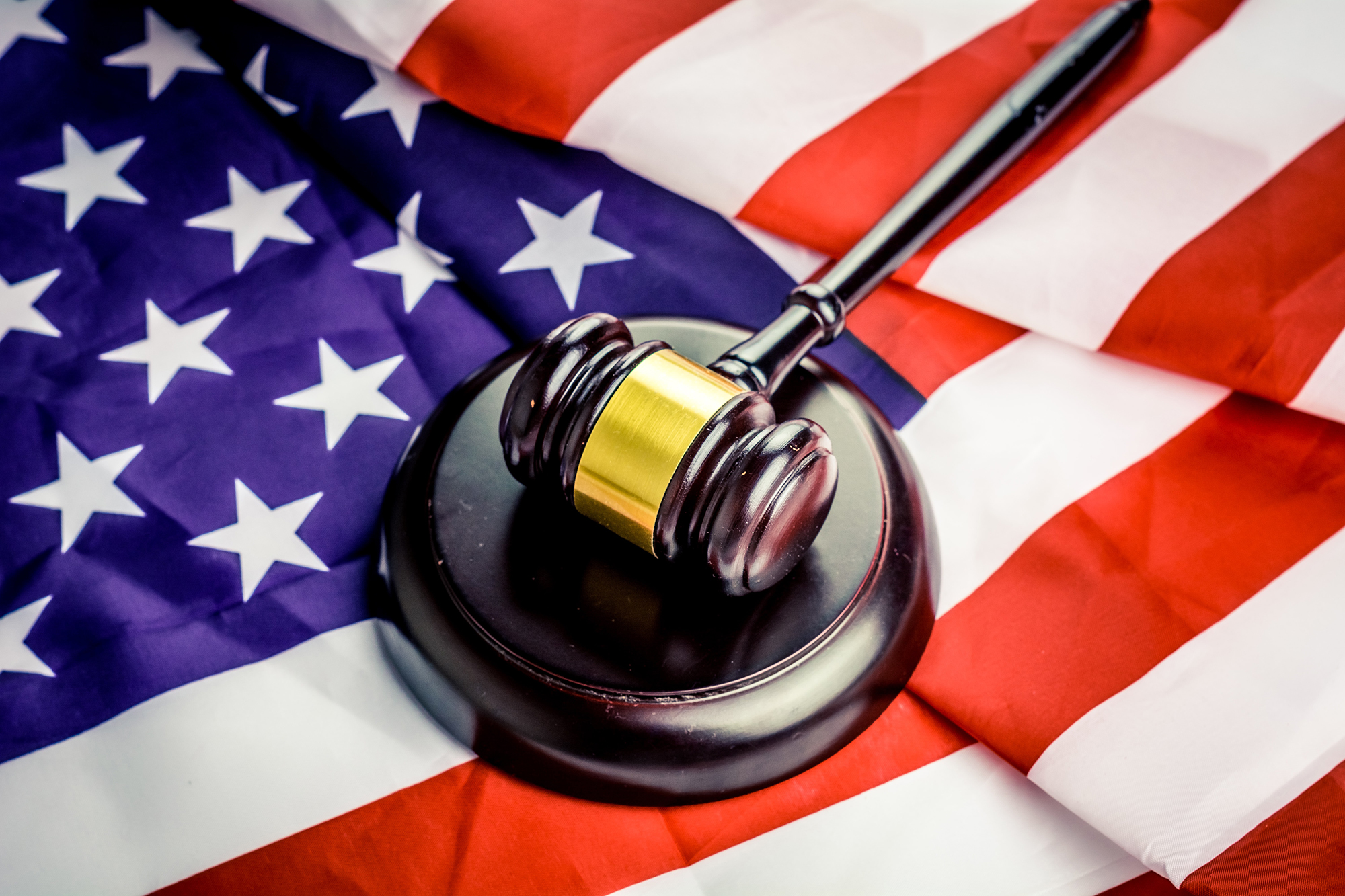What do we know about MoCRA?

The cosmetic industry is a global, highly innovative and ever-evolving sector, subject to strict regulatory requirements, which may differ between countries or jurisdictions but whose ultimate goal is to protect the consumer.
The US and the EU have slightly different ways of regulating cosmetic products and the biggest differences that can be pointed out refer to the legal definition of a cosmetic product, restrictions on ingredients, and registration requirements. Furthermore, while the industry’s progress has been reflected in the EU Regulation and subsequent amendments over the years, US federal cosmetic laws haven’t changed significantly since 1938. But we are now witnessing a change.
US Cosmetic Regulatory Framework
The two most important laws pertaining to cosmetics marketed in the US are the Federal Food, Drug, and Cosmetic Act (FD&C Act) and the Fair Packaging and Labelling Act (FPLA).
Under these laws, cosmetic products and ingredients do not need pre-market approval, with the exception of colour additives. However, the Food and Drug Administration (FDA) has regulations that specifically prohibit or restrict the use of certain ingredients in cosmetics and has also established a positive list system for colour additives used in cosmetics. Colour additives are permitted in cosmetics only if the FDA has approved them for the intended use and some may be used only if they are from FDA-certified batches.
The US regulatory landscape is also affected by state laws, such as California Safe Cosmetics Act (Senate Bill 484), applicable in a particular state.
Modernization of Cosmetic Regulatory Act (MoCRA)
As the first big update to US cosmetic regulation at the federal level in over 80 years, on December 29, 2022, US President Joe Biden signed into law the Modernization of Cosmetics Regulation Act (MoCRA) as part of the Consolidated Appropriations Act, 2023.
MoCRA is set to come into force from 29 December 2023, and provides a major overhaul of the federal regulatory framework for cosmetics, significantly expanding FDA authority to regulate cosmetics and adding additional compliance requirements for cosmetic companies operating in the US.
MoCRA Key Provisions
Briefly, MoCRA amends Chapter VI of the FD&C Act and introduces new requirements, particularly with respect to:
- Serious adverse event reporting and record-keeping: The responsible person (manufacturer, packer, or distributor of a cosmetic product) must report to the FDA any serious adverse event associated with the use, in the US, of a cosmetic product and maintain records related to each report of an adverse event.
- Mandatory recall: The FDA is granted with the authority to request a voluntary recall of a cosmetic product if there is a reasonable probability that the product is adulterated or misbranded, and the use of or exposure to the product will cause serious adverse health consequences or death. If the responsible person refuses to or does not voluntarily cease distribution or recall such cosmetic. The FDA may, by order, require such person to immediately cease distribution of such product.
- Good Manufacturing Practice: The FDA is required to promulgate GMP regulations for cosmetic manufacturing.
- Facility registration: Each facility involved in the manufacturing or processing of a cosmetic product for US distribution must register with the FDA.
- Cosmetic product listing: The responsible person must submit a cosmetic product list, including the list of ingredients in the cosmetic product, to the FDA.
- Safety substantiation: The responsible person must ensure and maintain records supporting that there is adequate substantiation of the safety of the cosmetic product.
- Labelling and fragrance allergens: Each cosmetic product must bear a label that includes the contact details of the responsible person. The FDA is required to promulgate regulations to identify fragrance allergens that must be disclosed on the label of a cosmetic product and may establish threshold levels of amounts of substances subject to disclosure.
- Talc-containing cosmetics: The FDA is required to issue regulations to establish and require standardized testing methods for detecting and identifying asbestos in talc-containing cosmetic products.
- Perfluoroalkyl and polyfluoroalky substances (PFAS): The FDA is required to assess the use of PFAS in cosmetics and the scientific evidence regarding their safety.
Although some of these requirements are still dependent on the promulgation of additional rules and procedures by the FDA, cosmetic companies must prepare for these changes and carefully review them.
How Cosmedesk can help
Although we do not provide consulting services, Cosmedesk is prepared to help companies adapt to these changes and ensure cosmetic compliance. Designed in light of the demanding EU regulatory requirements, our platform can help you organize and manage all your product data, from formulation to cosmetovigilance, ensuring storage and ease of access at anytime, anywhere.
Additionally, it can help you in the process of evaluating the safety of your products by automatically calculating exposure and margins of safety.
Furthermore, we have a flexible development approach and can easily adapt to your specific needs.
Talk to us, you won't regret it!
References
U.S. Food & Drug Administration (FDA). Cosmetic Products
U.S. Food & Drug Administration (FDA). Cosmetics & U.S. Law
U.S. Food & Drug Administration (FDA). Cosmetics Laws & Regulations
CosmeticsInfo. Regulation and Oversight: The United States and European Union
Personal Care Products Council. U.S. and EU Cosmetics Regulation
![[Logo Cosmedesk]](/media/ljbbhnk4/logo-cosmedesk.svg)